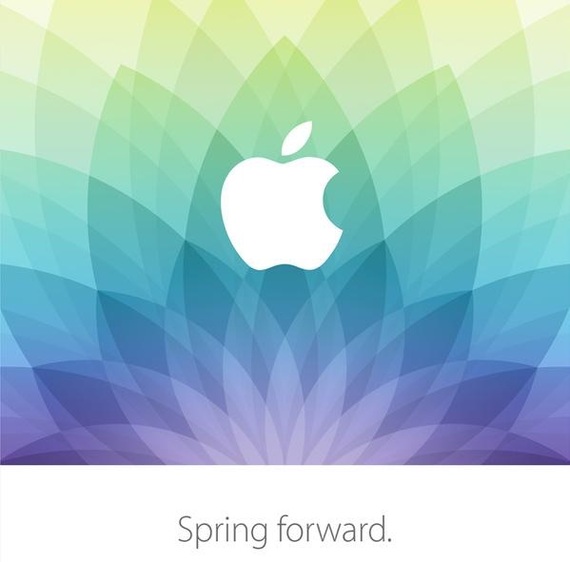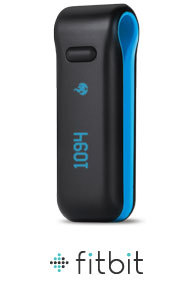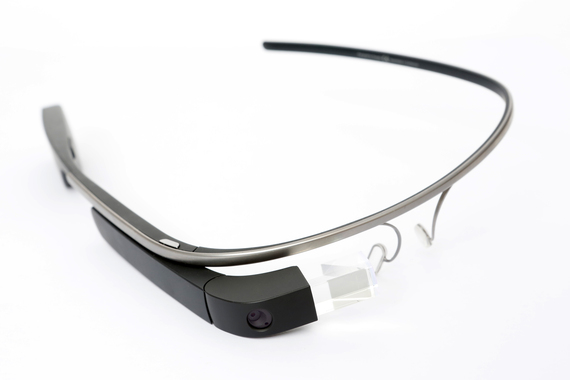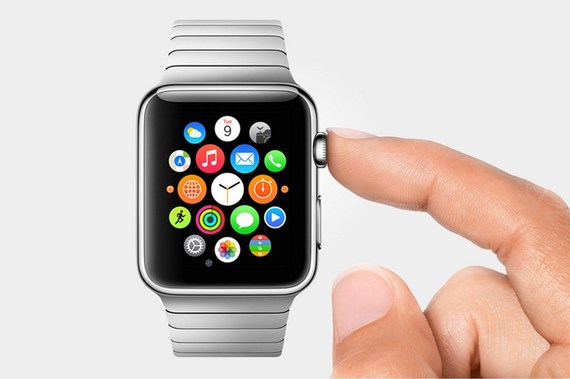Unlike other "A Brief History Of Time" stories I promise this one won't include details of wormholes. I started following the wearables market a few years ago. In 2012 I had gained about 10 pounds due the abundant amount of pizza and chicken wings available in Buffalo, NY. Soon after I realized I needed to make a change. I knew I could simply tell my self to start eating better, but I also knew a physical step in the direction of a healthier lifestyle would increase my chances of shedding those pounds. So I put my money where my mouth was and I bought my first wearable: the Fitbit Tracker.
It was great. I gained access to information I never had before and began to use steps as a metric to gauge my days. I even used the food tracking part of the Fitbit app to monitor approximately how many calories I was consuming in a day. I loved my Fitbit then and I still have it now. I haven't meet anything that could replace it yet. My phone does now have step data, however it's just not as complete as the picture Fitbit currently gives me.
Then came the Google glass phase of my life. I had been tied to my smartphone since 2008 and wanted to finally be free. Google glass actually delivered on this front. The developers and designers of glass called this new wave: "Glanceable technology". Software designed to get the user the information being delivered to them as fast and as efficiently as possible so the user could quickly resume what they were doing. This new wave of technology would force us to redefine all of our known metrics that currently focus on measuring time in app and user engagement. Unfortunately for Glass, Google underestimated how our primal brain uses faces throughout our daily lives and how unsettling putting a device on the face is to those looking at you. The camera on the front of the device didn't help it's case either.
Unlike how Google glass tested the wearable market with it's own early prototype, Apple is about to do what it does best. Apple is best at using the user feedback from early versions of its competitors devices (in this case Android Wear watches, Google Glass, & Samsung Gear) to in its own time release a product that is 10x better than what the current market offers. They did this with the the Mac (RIP P.C.'s), the iPhone (RIP Palm), the iPad (RIP Netbooks), and are doing it again now with the Apple Watch.
I think the form factor of a watch will deliver on the objectives Google Glass promised but couldn't deliver in its form factor. Google evidently thinks this as well. It recently shut down the glass explorer program and as also ramped up its focus on Android Wear.
What I have wanted most though since owning wearables is feedback. We have been collecting all this data on ourselves for some time now. What do we do with it all? There is an opportunity to now be coached based on the data. This is where I think Apple could deliver where other wearables have fallen short.
Another interesting point is that the Apple Watch will be a new user interface. The first one since iOS. Apple already has a strong developer base and as we all know this is key to launching a new platform successfully. Assuming Apple makes it easy to develop for Watch we could be off the to the races again. Mobile already has established apps in its ecosystem. With the new hardware form factor and a fresh UI, the Apple Watch could re-open the Wild West of tech startups and also force us to find new metrics on how we evaluate a successful app.




